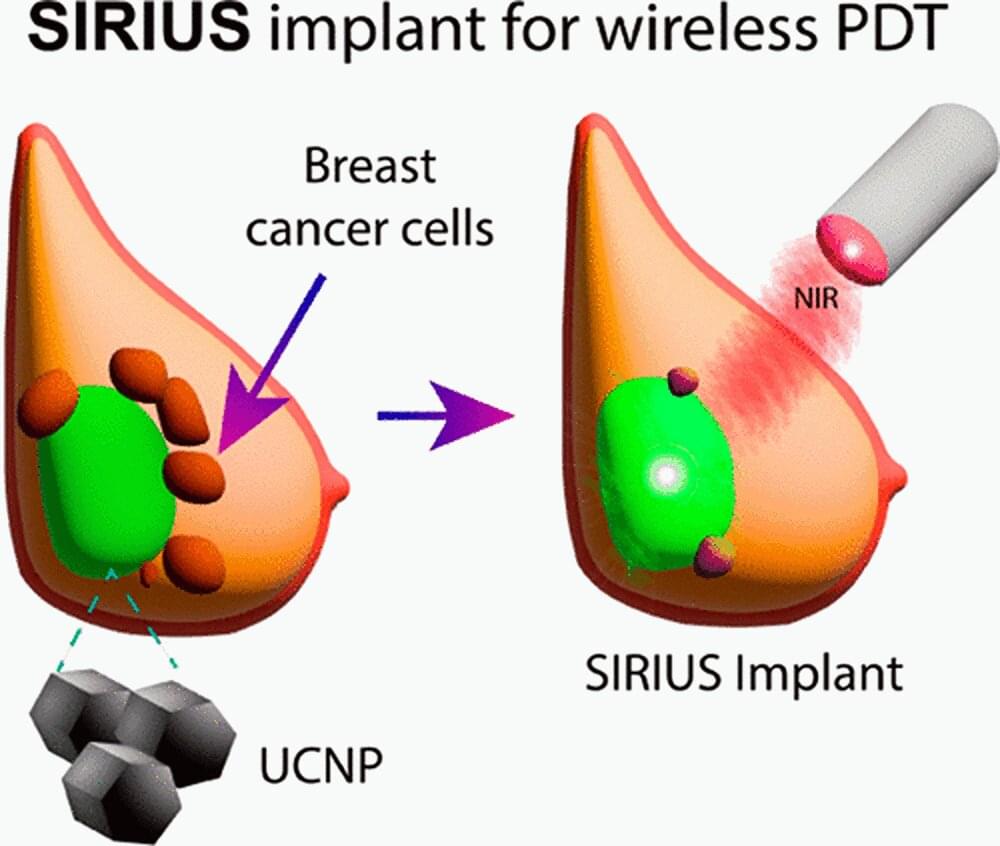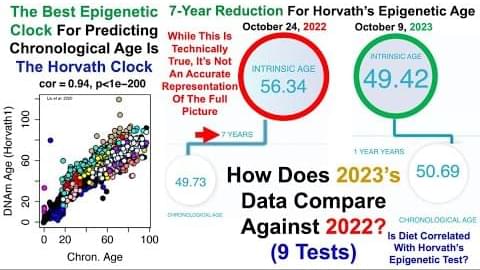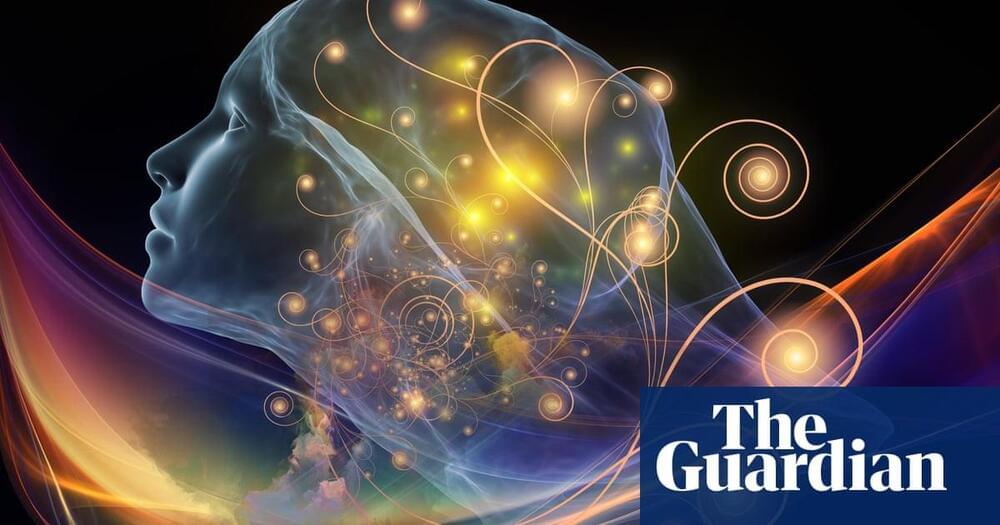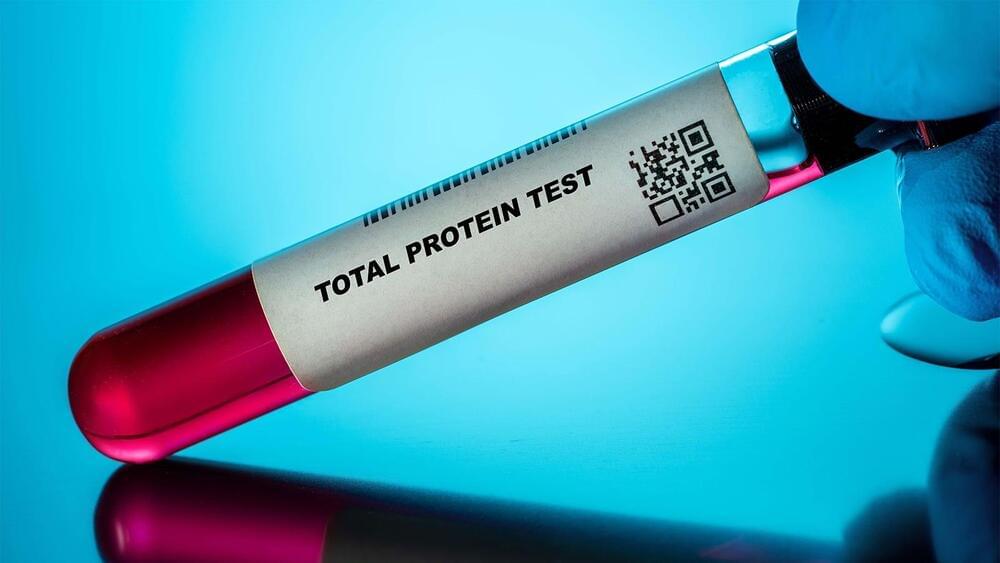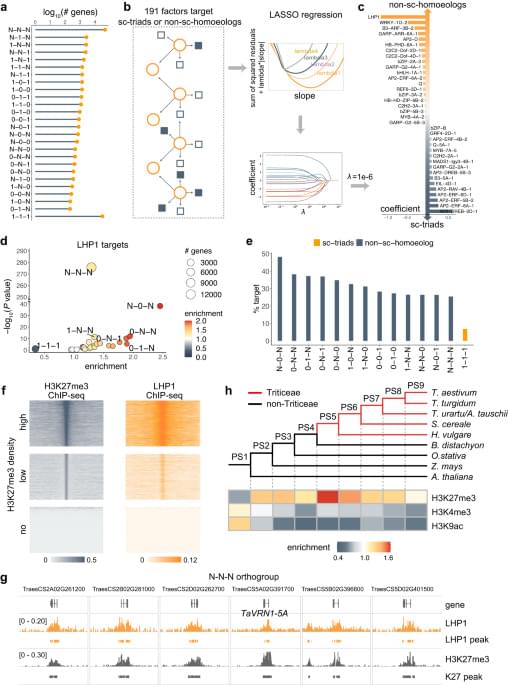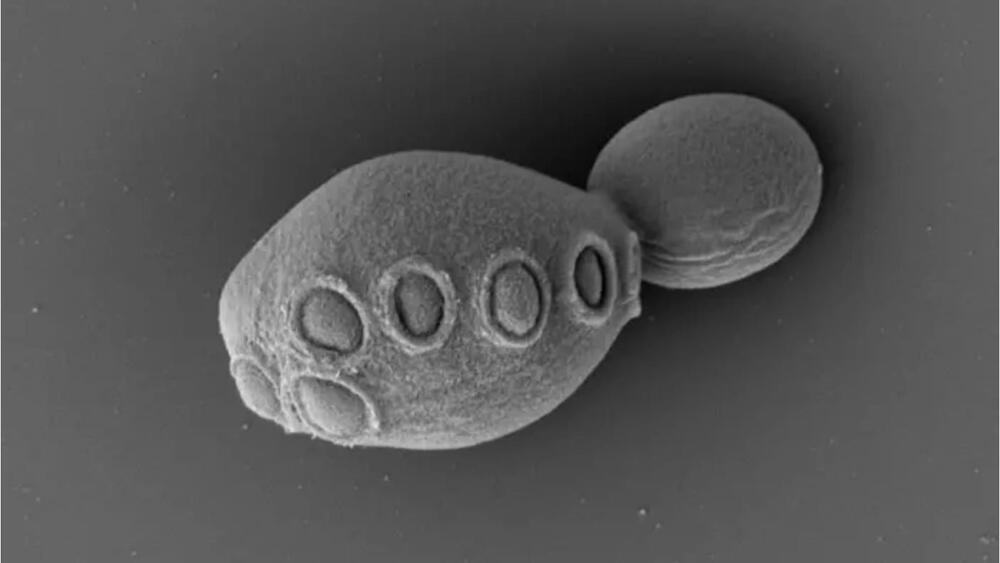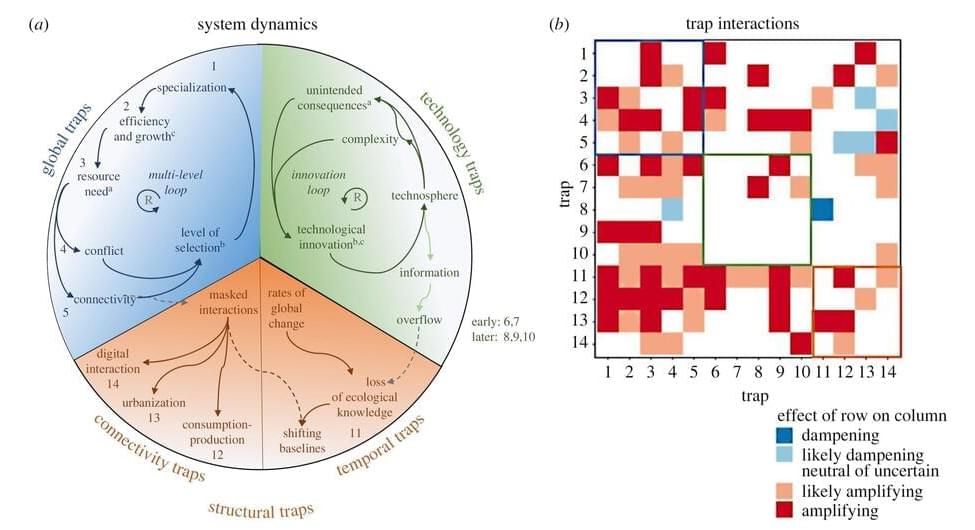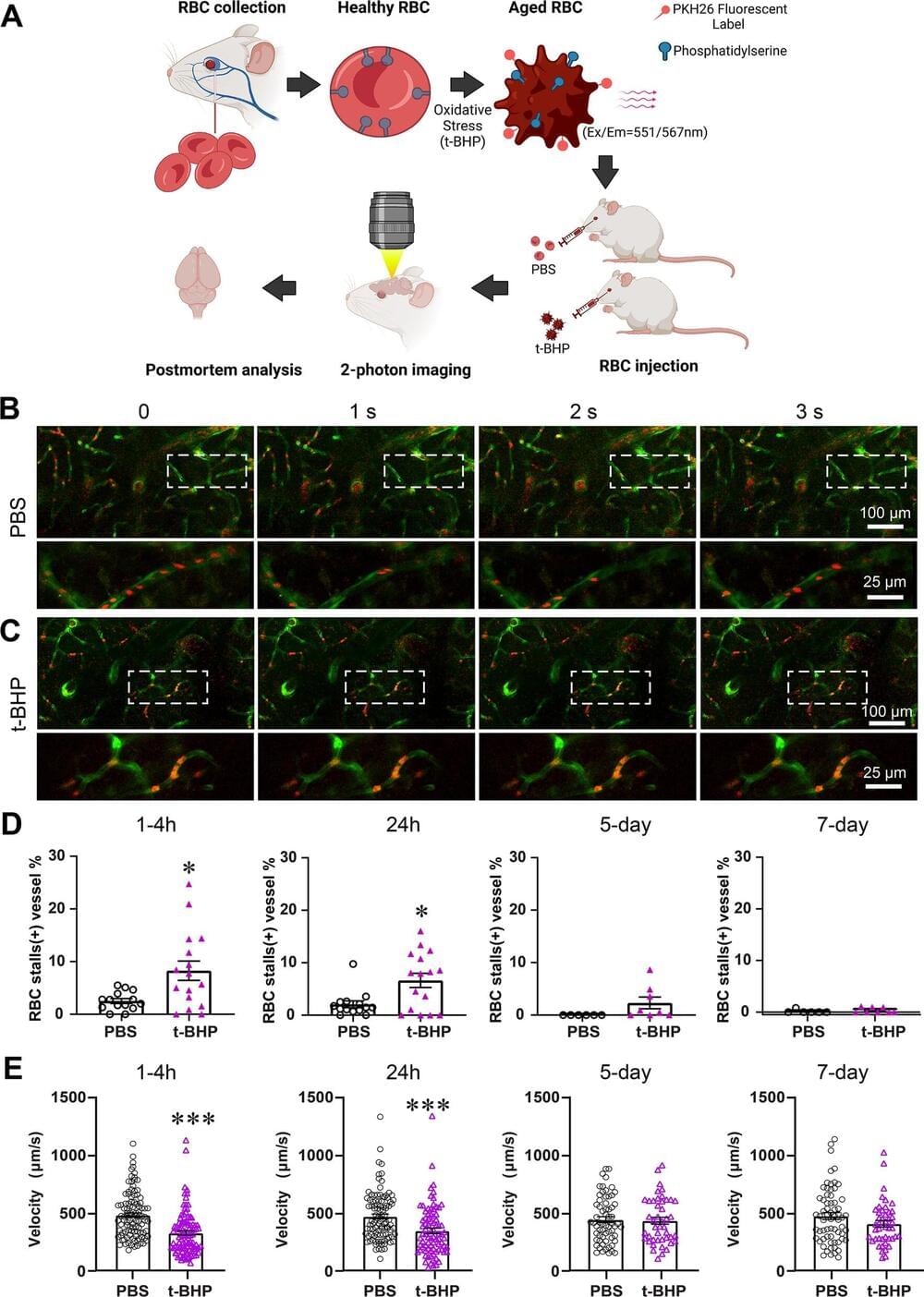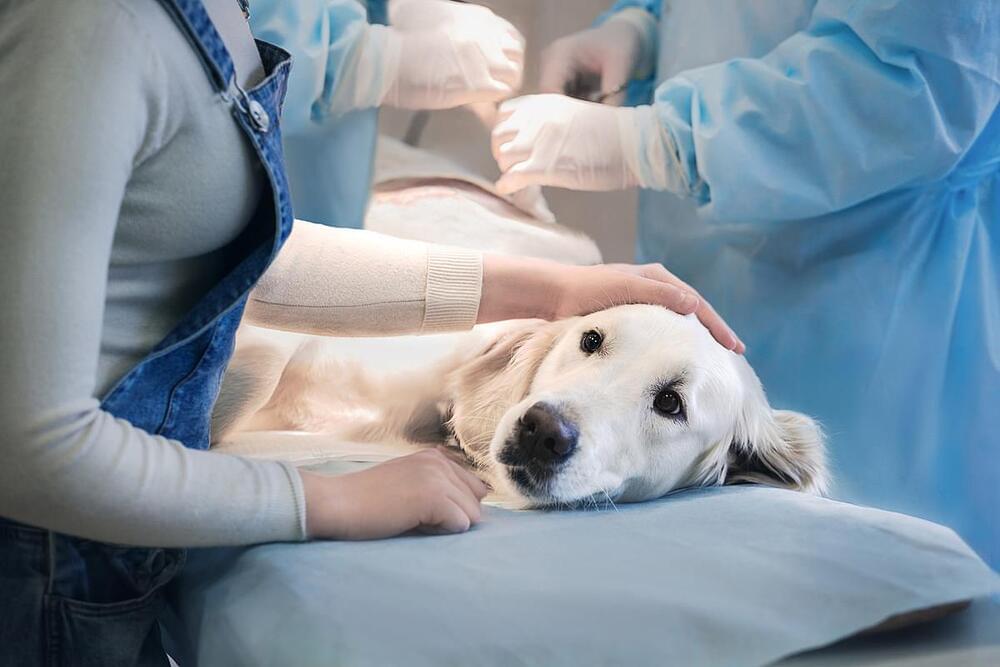Nov 21, 2023
New tumor-selective light treatment could kill breast cancer cells with greater accuracy and improve tumor control
Posted by Quinn Sena in category: biotech/medical
This is a nontoxic version of cancer treatment that works on any type of cancer.
Breast cancer is the most common cancer affecting women in Singapore. Treatment is multimodal and often involves surgery to remove the cancer and lymph nodes involved.
Adjuvant therapy, given after the initial treatment, is used to irradiate and destroy micrometastases, which are cancer cells in the blood stream or lymphatics, to decrease recurrence. This form of therapy is subdivided into local (radiotherapy) and systemic therapy (endocrine therapy, chemotherapy and targeted therapy).
